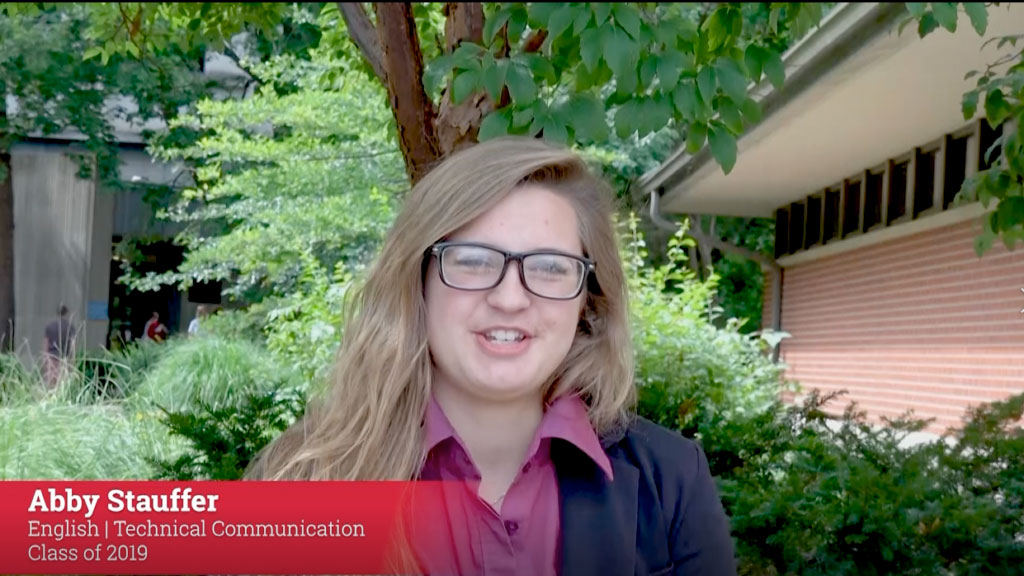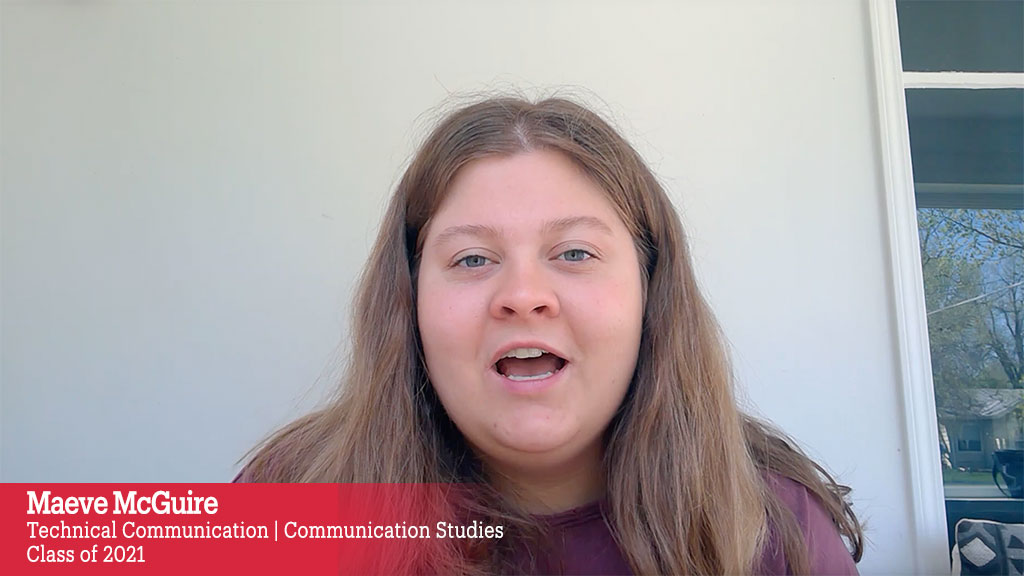
Technical Communication Overview
We know. You’ve never heard of “technical communication.” We hear that all the time.
A major in Technical Communication from Iowa State University prepares you to communicate complex technical/scientific details to those who need them. It’s a new(ish) profession, but there’s a growing and consistent demand, and salaries are excellent. As a TComm major, you learn modern communication technologies to create print and electronic documents for use in business, nonprofits, schools, and communities. Coursework for the B.S. helps you to understand scientific and technical information, and teaches you to communicate that information clearly to others. To meet the needs of this rapidly-growing profession, you take courses in the following areas:
Theory and History
By taking theory and history courses for 9 credits, you learn about the theories that help to explain print and online documents, collaboration, organizational activities, and various technologies.
Principles, Practices, & Technologies
You also study principles, practices, and workplace technologies. These classes introduce you to organizational cultures and visual communication while they increase your computer literacy. Technical communication students develop skills in an array of software, equipment, and platforms.
Internship
You improve your technical communication skills on the job by enrolling in a semester-long internship, which helps you to develop skills that you cannot learn in the classroom alone.
Concentrated Study in a Technical, Scientific, or Design Field
Taking 6 credits in a related technical, scientific, or design field ensures that you have a specialty to which you can apply your communications. You will design a concentration to meet your career interests and goals in consultation with your advisor.
Recent Alumni
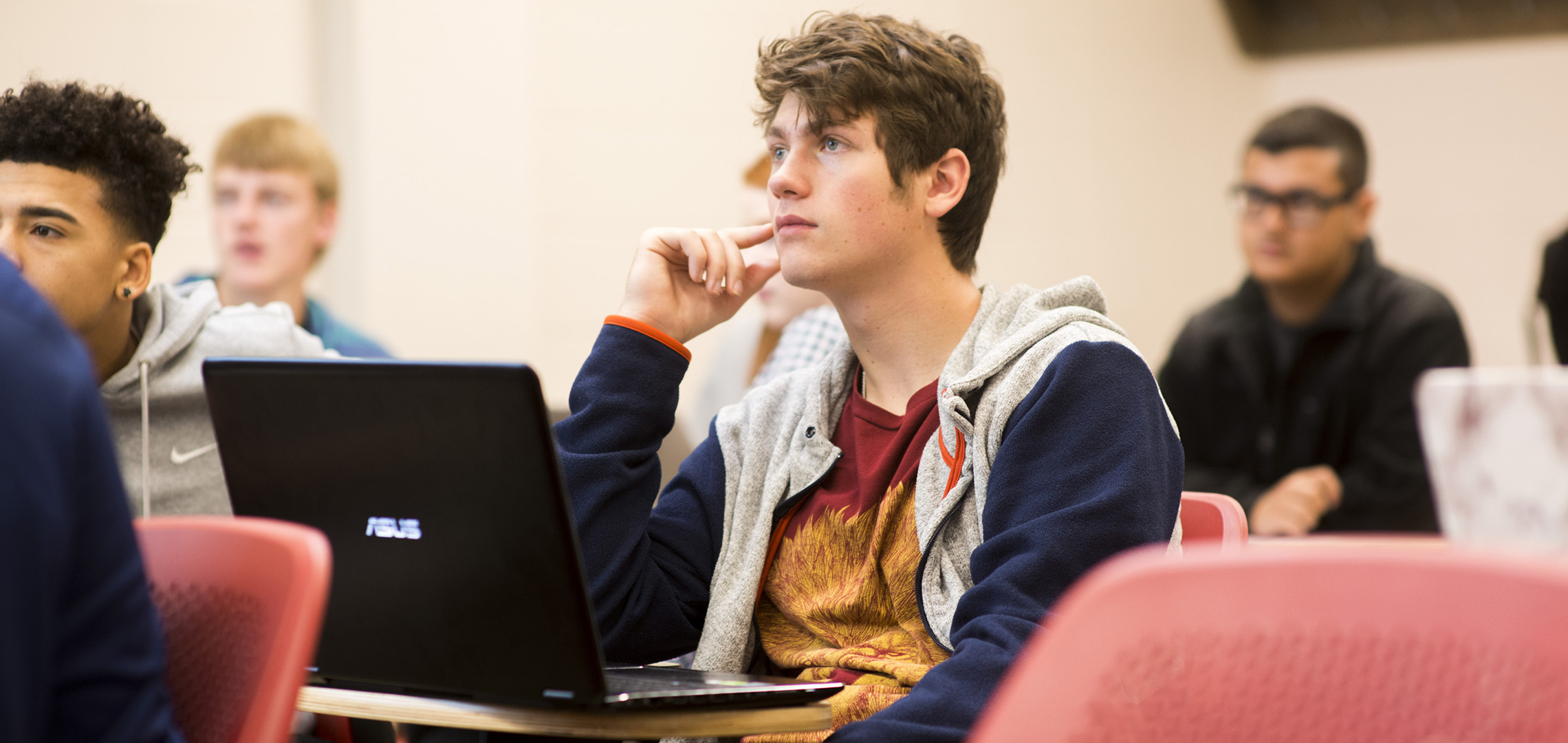
Bachelor of Science in Technical Communication
Overview
The TComm major (or second major) prepares students for workplace writing in careers that involve information—particularly scientific, workplace, and technical information. Emphasis is placed on researching, thinking critically, collaborating (often with subject matter experts), organizing, writing, editing, designing, and presenting information clearly. Technical Communication is sometimes a second major for students in technical, scientific, or engineering fields.
U.S. Diversity and International Perspectives
One of Iowa State University’s goals is to prepare its students to meet the challenges of responsible citizenship and effective professional roles in a culturally diverse global community. To help achieve this goal, all undergraduates must fulfill requirements in two areas: U.S. Diversity and International Perspectives. Students enrolled as TComm majors must complete 3 credits of coursework for each of these requirements.
Technical Communication Studies
Students majoring in Technical Communication develop advanced skills in multiple aspects of tech communication and apply their knowledge of technical communication to a specific discipline. TComm majors must take 33 credits within the major, and 6 hours in a designated area of concentration related to science, technology, or design (an acceptable minor will also fulfill this requirement).
Core Coursework
200- & 300-Level Electives
Students must take nine (9) credit hours of course from the following electives.
- Engl 214 Introduction to Technical Communication
- Engl 220 Descriptive English Grammar
- Engl 302 Business Communication
- Engl 309 Proposal and Report Writing
- Engl 312 Biological Communication
- Engl 313 Rhetorical Website Design
400- & 500-Level Electives
Students must take six (6) credit hours from the following courses:
- Engl 411 Technology, Rhetoric, and Professional Communication
- Engl 415 Business and Technical Editing
- Engl 416 Visual Aspects of Business and Technical Communication
- Engl 418 Seminar in Argumentation
- Engl 477 Seminar in Technical Communication
- Engl 505: User Experience Architecture and Testing
- Engl 529 Content Management
- Engl 542 Document Design and Editing
- Engl 549 Multimedia and Interaction Design
Designated Area of Concentration
The Designated Area of Concentration (DAC) is a student-designed grouping of related courses in a technical, scientific, or design field that will meet the student’s professional or academic interests. Courses for the 6-credit DAC must be taken outside the English Department and approved by the Technical Communication Program Advisor. A second major or a minor in areas such as computer science, social science, natural science, entrepreneurial studies, design studies, engineering studies, or another technical, scientific, or design field may substitute for the DAC.
Interviews with Current TComm Majors
We know—this is a lot of text. And web documents should be short (we actually teach that). But if you’re considering TComm, hearing a lot from current students may be useful.
Nolin Dale
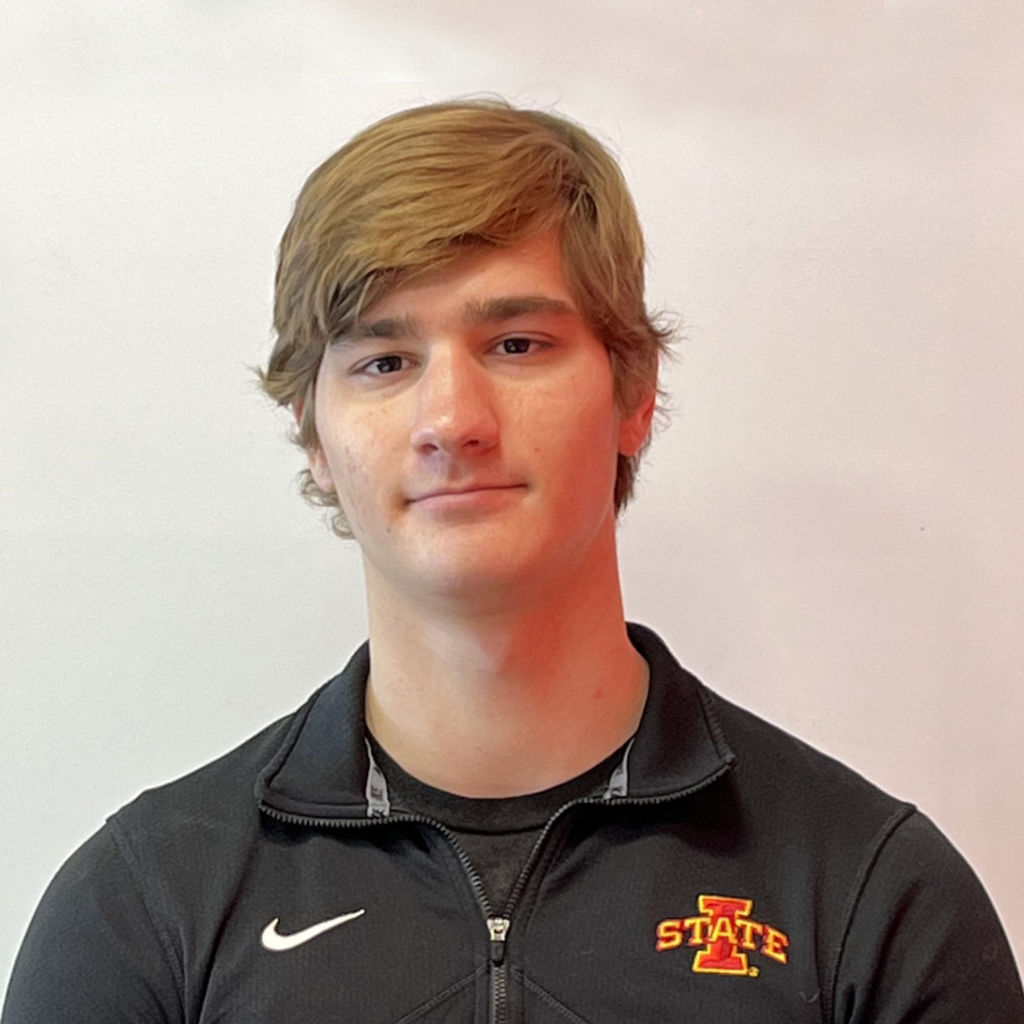
Sophomore, TComm Major, Business Minor
Why did you choose this major?
I came into Iowa State undecided as a freshman and really didn’t know what I wanted to do. After I took a few classes to explore my interests, my academic advisor recommended the TComm program to me. I took Engl 214 and really liked it. I feel like it fits what I am looking for and I enjoy the flexibility within the field.
How would you describe the TComm program?
I would describe TComm as a major for anyone who enjoys writing but also the technical aspect of it. It is also very flexible and can be tailored towards your interests.
How do you plan to use it after graduation?
Ideally I would like to do something with web design. I really enjoy the computer science aspect of the tech comm program. I took Engl 313 (Rhetorical Web Design) last semester and really liked it.
What are some benefits of this major?/What do you find interesting about the TComm program?
I find this major interesting because I don’t think there are a lot of programs out there like this right now. The tech comm program provides specific content for a variety of uses. It can be tailored to your interests and needs.
What is something unique or important that you have learned so far?
I really enjoyed my website design class and thought it was really cool. I was initially worried about the coding aspect of it as someone with no prior experience. However, I found that it focused on basic content design and still took into consideration the elements of the English curriculum.
What was your favorite class in this major?
Engl 313. Maybe after I get my degree I can work for a company and write or edit content for their website and social media.
What are some skills you have learned?
I’ve learned a lot about grammar mechanics. I had thought I was pretty good at English before, but I realize there was a lot I did not know. Now I am learning about things I had never considered before, such as rhetorical criticism and web design.
Any advice or comments for prospective students?
If you are not exactly sure of what major or career you want to pursue, this program is a great option because it gives you so much freedom. You can take this major in any direction and put an emphasis on wherever you want.
Lydia Samuelson
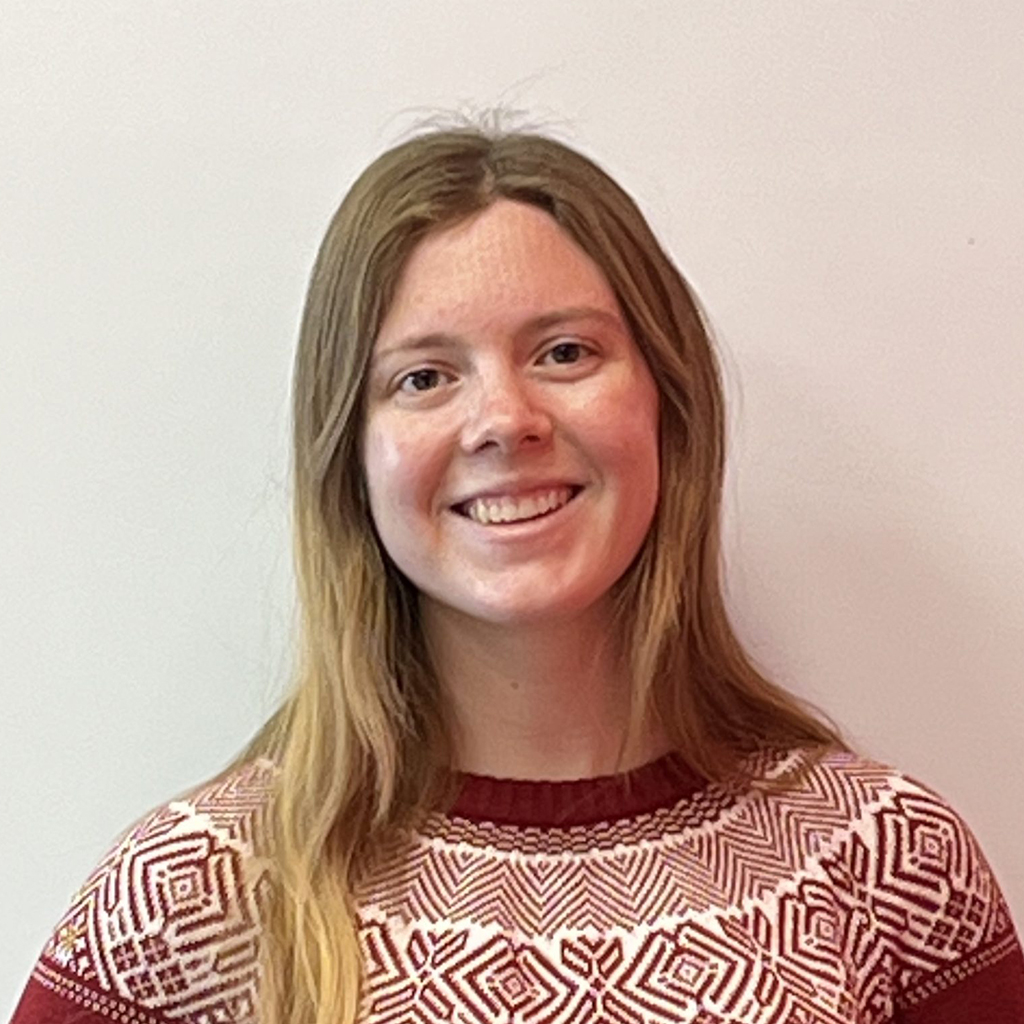
Junior, English and TComm
Why did you choose this major?
In my job search I found that companies want people who can write and research for business. I wanted those skills. The TComm program seemed to do that for me.
How would you describe the TComm program?
When I think of the TComm program I think of the words fresh, practical, and applicable because everything I’m learning is something I am going to see later in life.
How do you plan to use it after graduation?
My future plans include grad school to continue my education in TComm. After that, I would like to work as a science translator and translate research into something understandable for people not in the field. Being able to synthesize information is something I really enjoy.
What are some benefits of this major?
You know how to communicate. No matter what field you end up in–whether tech writing or another field, you are going to communicate with people. The better you can do that, the better you’ll be able to complete projects, make connections, and move forward.
What do you find interesting about the TComm program?/What is something unique or important that you have learned so far?
There is a definite emphasis on both technological confidence and collaboration ability. I think that translates to success after you graduate because not only do you use the skills you’ve learned, but you know how to collaborate. You get that workplace experience.
What was your favorite class in this major?
Engl 312 (Communicating Science and Public Engagement) has been one of my favorite classes so far. As someone interested in science communication, hearing that I could bring the creative side of my writing into something technical and scientific blew my mind.
What are some skills you have learned?
Communication, definitely. Also, all the different technologies a tech communicator would need.
Any advice or comments for prospective students?
No matter what your major is, TComm can help you get where you want to be after college. I think that it is extremely beneficial to anybody’s career to be able to communicate the point you want to get across.
Nick Stiles

Freshman, TComm
Why did you choose this major?
I came to ISU as an open option major. Last semester I took Engl 214 (Intro to Tech Comm) and Engl 250 (Written, Oral, Visual, and Electronic Composition) and got to learn a lot about the technical communication program and really enjoyed it.
How would you describe the TComm program?
I would say it teaches you a lot about writing and analyzing so you can communicate better with people in your area of interest.
How do you plan to use it after graduation?
I am still figuring it out but possibly something involving technical editing.
What are some benefits of this major?
I enjoyed the close community aspect of it and being able to communicate with my professor easily. The program also has a lot of flexibility.
What do you find interesting about the TComm program?/What is something unique or important that you learned so far?
What’s interesting to me is that the technical communication field is pretty big with a lot of technical writers and other experts. However, the importance of the field and the role of technical communicator is often underappreciated.
What was your favorite class in this major?
So far I am enjoying the ENGL 350 (Rhetorical Analysis) I am taking this semester.
What are some skills you have learned?
In Engl 214 we touch on some basic elements of design in connection with some of the projects we worked on. I did not have any previous experience with design so I learned a lot. It is something that I definitely want to continue learning more about in the future.
Any advice or comments for prospective students?
If you are not sure or want to learn more, I suggest just taking Engl 214 (Intro to Tech Comm). Even if you don’t end up in the program, it is still a great foundation class and adds a lot of knowledge you may have not had before. You will get a lot out of this class.
Tiffany Jin
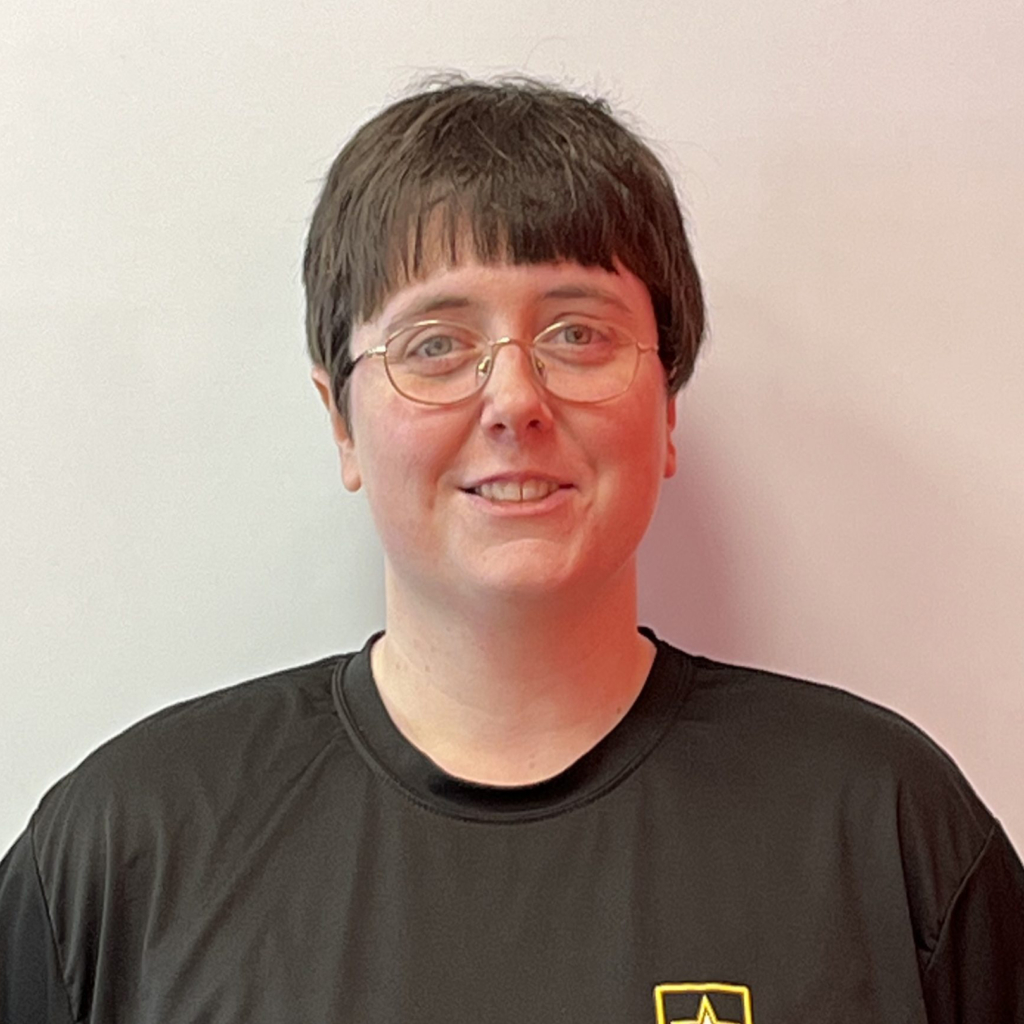
Junior, TComm and English
Why did you choose this major?
I chose this major because it gives you a lot of valuable skills and knowledge that can be applied to a variety of fields and careers.
How would you describe the TComm Program?
A creative license for writing within a professional setting. For example, proposals, reports, and manual writing.
How do you plan to use it after graduation?
I plan to work in the field of manual writing after I graduate. Manual writing gives me the creative license to combine writing and technical design to communicate information.
What are some of the benefits of choosing this major?
You gain a lot of knowledge and skills. The program provides a variety of content under the field of technical communication that helps you gain a more well-rounded experience.
What do you find interesting about the TComm program?/ What is something unique or important that you have learned so far?
What I have learned so far is that technical communication requires a lot of problem-solving. The program teaches you how to problem-solve the issues you may face while working in the field of technical communication.
What has been your favorite class you have taken in this major?
My favorite class so far has been Engl 415 (Technical Editing), my manual writing class. I was able to put into practice what I have learned and I got to choose the topics that I wrote the technical documents on.
What are some skills you have learned?
I have learned a lot about how to identify and set up different types of documents for various types of communication.
Any advice or comments for prospective students?
Always ask for help and don’t be afraid to use the professor for guidance.
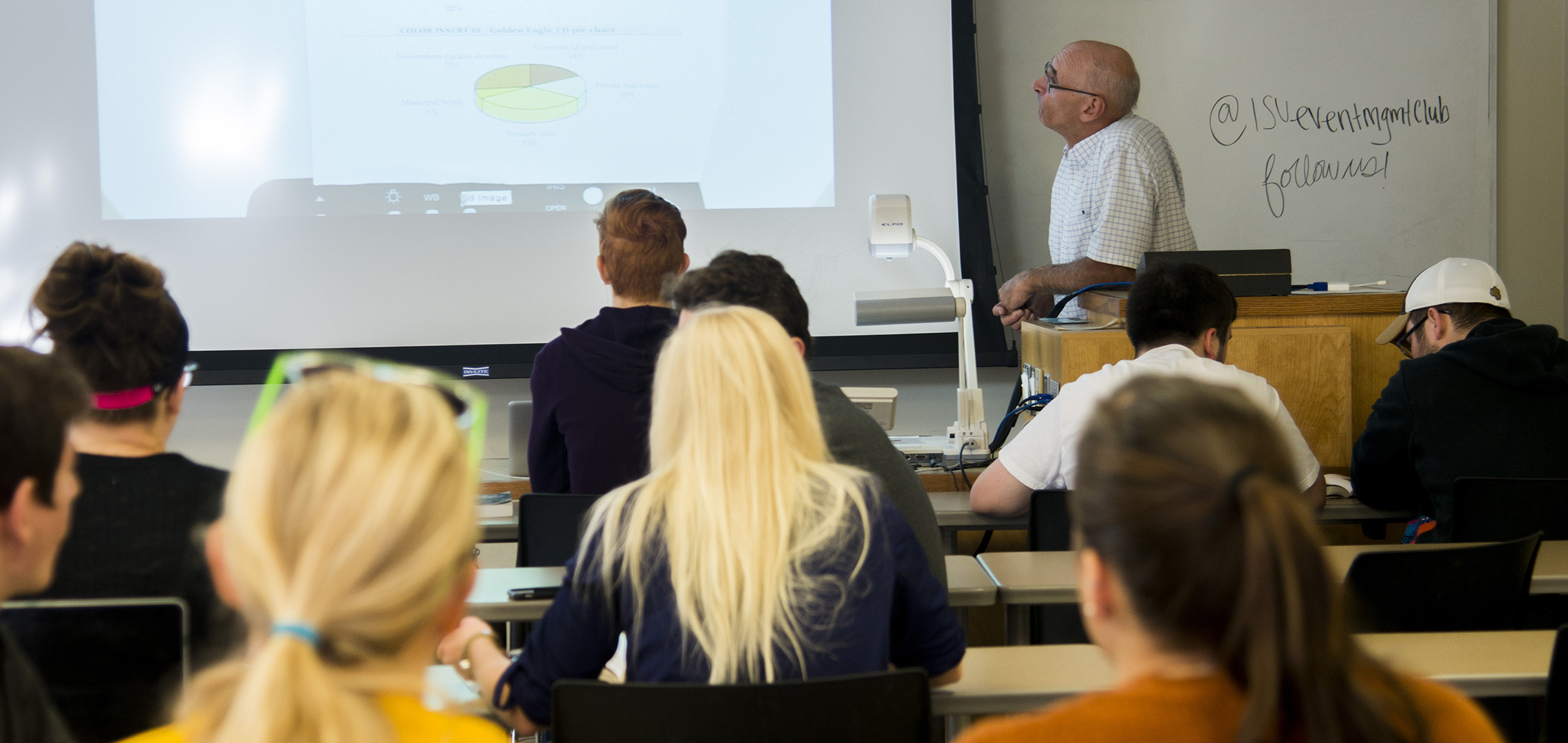
Minor in Technical Communication
Overview
Many students with scientific or technical majors choose to add Technical Communication as a minor. They find that the skills they develop in this minor help them to better communicate to both those within and outside of their primary field of study.
How to Get Started
If you are interested in adding a minor in technical communication, you should meet with your academic advisor to complete the Request for Minor form. Once the form has been completed and signed by your academic advisor, take it to Samantha Robinson-Adams.
Benefits of Minoring in Technical Communication
Adding a Technical Communication minor can expand your communication skills when communicating with others both within and outside of your chosen career field. Additionally, adding a minor can make you more attractive to future employers since adding extra coursework demonstrates excellent work ethic and broadens your skill-sets.
Degrees that Commonly Add Technical Communication as a Minor
The following majors often find adding a Technical Communication Minor atttractive:
- Business
- Marketing
- Design Studies
- Computer Science
- Genetics/Life Sciences
- Engineeering
- Accounting
Required Courses
Students may earn a minor in Technical Communication by enrolling in 15 credits distributed as follows:- Three credits in ENGL 314 Technical Communication
- Twelve credits in Technical Communication chosen from these three-credit courses:
- With appropriate prerequisites, students may also register for the following courses:
- ENGL 411: Technology, Rhetoric, and Professional Communication
- ENGL 415: Business and Technical Editing
- ENGL 416: Visual Aspects of Business and Technical Communication
- ENGL 418: Seminar in Argumentation
- ENGL 477: Seminar in Technical Communication
- ENGL 505: User Experience Architecture and Testing
- ENGL 529: Multimedia Content Management
- ENGL 542: Production Processes for Technical Documents
- ENGL 549: Multimedia Design in Professional Communication
Note: Up to 6 of the 15 credits taken for the minor may be used to meet other degree program requirements.
Note: Students should check the ISU catalog to be sure they meet prerequisites if they intend to register for 400+ courses.
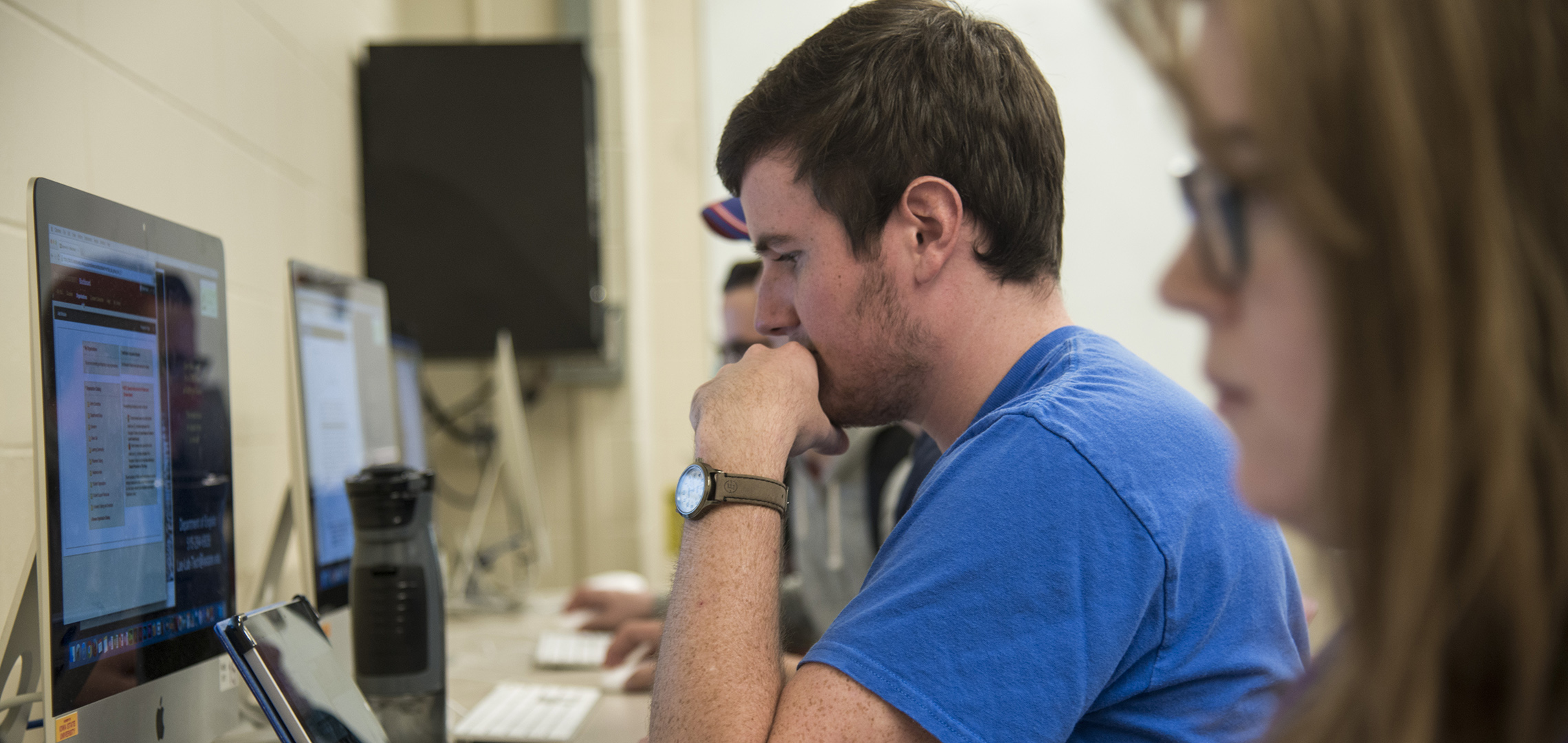
Careers in Technical Communication
Technical communication is a user-centered approach to providing the right information, in the right way, at the right time to make someone’s life easier and more productive.
Society for Technical Communication
Technical communication encompasses a broad and diverse skill set. This can make the discipline hard to define at times. However, the wide-range of practical and theoretical skills developed by students in this profession provides graduates a great deal of flexibility and opportunity in choosing a career path. Some possible career paths available to graduates with a B.S. in Technical Communication are:
Technical Writers
Technical writers prepare instruction manuals, how-to guides, journal articles, and other supporting documents to communicate complex and technical information more easily.
Copy Editors
Copy editors plan, review, and revise content for publication.
Web Developers
Web developers and Usability/User Experience developers design and create websites.
Market Research Analysts
Market research analysts study market conditions to examine potential sales of a product or service.
Computer Systems Analysts
Computer systems analysts study an organization’s current computer systems and find a solution that is more efficient and effective.
Operational Research Analysts
Operations research analysts use advanced mathematical and analytical methods to help solve complex issues.
Survey Researchers
Survey researchers design and conduct surveys and analyze data.
Business Analysts/Management Analysts
Business analysts/management analysts work in teams to write specific requirements for projects, to improve an organization’s efficiency.
Internship
You improve your technical communication skills on the job by enrolling in a semester-long internship, which helps you to develop skills that you cannot learn in the classroom alone. All technical communication students are required to graduate with an internship.
Copy Editing Intern
ISU College of Engineering
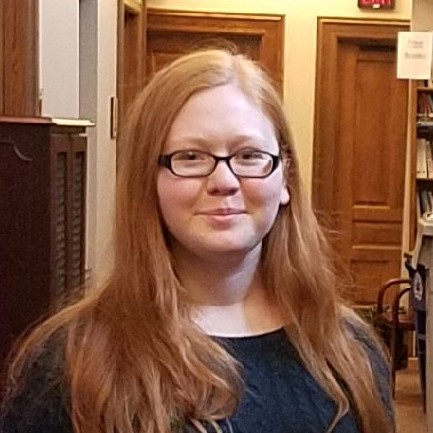
“During my internship, I edited all sorts of documents, including a speech given by the dean of the College of Engineering, student interviews, and parts of a textbook. I was even credited as an editor in an engineering textbook”
~ Gillian Mohn
User Experience Intern
Workiva

“I loved my internship with Workiva. I started in the summer and was asked to continue it in the fall. It helped me get a job as a full time user experience designer at Kingland after I graduated in December”
~ Sarah Kreutner
Web Design Intern
Department of Transportation
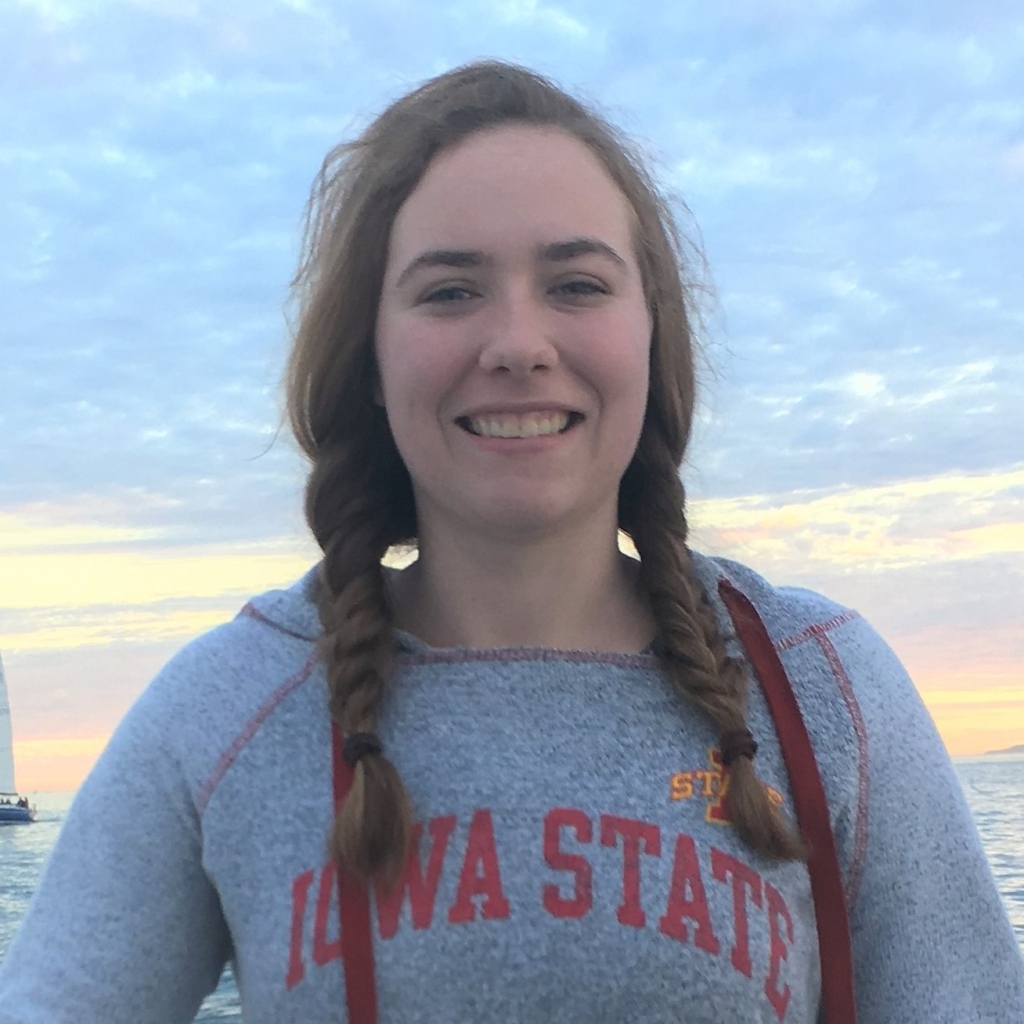
“I learned a ton about web design and content management systems working for the DOT over the summer and fall semester. I hope this internship will be helpful for getting a job in UX or front-end web development after I graduate.”
~ Hannah Monk
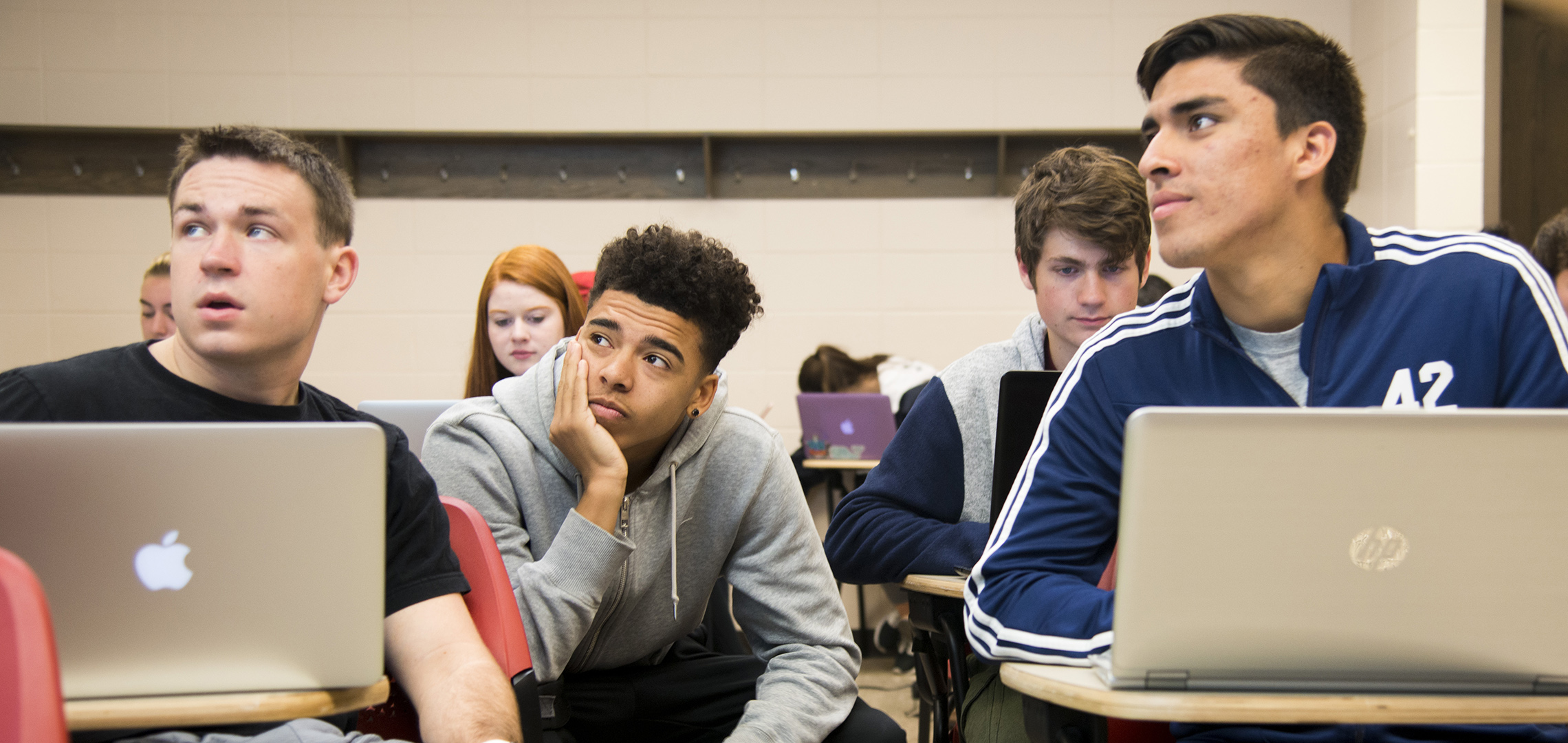
Who Should I Contact?
For more information about this major, contact Samantha Robinson-Adams, the advisor for the program. You can reach her at slr@iastate.edu or 515-294-5206. Or, you can see her face-to-face in Ross Hall 307. She will be happy to guide you through a four-year plan, describe courses in further detail, and discuss potential career opportunities!
The Student Chapter of the Society for Technical Communication
We have a club, too! The ISU Student Chapter of the Society for Technical Communication meets once a month, and students get to talk with practitioners in the field, work on service projects for local nonprofits, learn skills not taught in our classes, and eat pizza. Lots of pizza! The club mostly has undergrad and grad students in the technical communication major, but it’s open to everyone.
Our officers this year are Sydney (president), Sadie (vice president), Makenzie (secretary/social media manager), and Isabella (treasurer). Our faculty advisors are Geoff Sauer and Charlie Kostelnick.
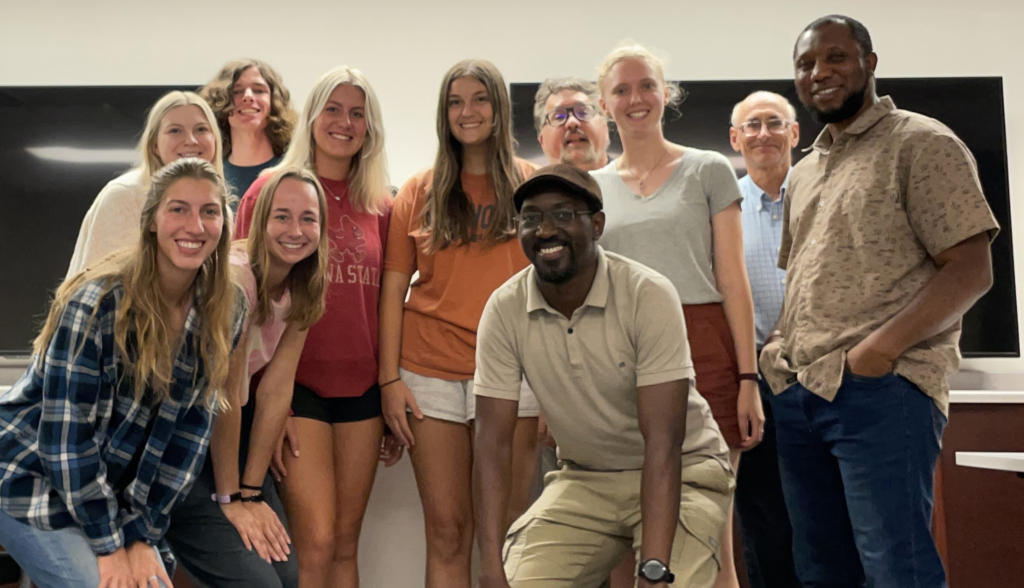
English 314: Technical Communication
(3-0) Cr. 3. F.S.SS.
Prereq: ENGL 250, junior classification
Rhetorical concepts and processes to successfully communicate technical information individually and collaboratively via written, oral, visual, and electronic modes. Emphasizes the major strategies for analyzing expert and lay audiences and adapting information to those audiences. Covers developing and designing usable technical documentation, visualizing data, and presenting technical information orally.
English 302: Business Communication
(3-0) Cr. 3. F.S.SS.
Prereq: ENGL 250, junior classification
Rhetorical concepts and processes to successfully communicate individually and collaboratively via written, oral, visual, and electronic modes across a range of business disciplines. Covers strategies for analyzing audiences internal and external to an organization in order to communicate positive, neutral, and negative messages clearly, completely, correctly, and ethically; save an audience’s time; and create goodwill.
English 309: Proposal and Report Writing
(3-0) Cr. 3. F.S.
Prereq: ENGL 250, junior classification
Rhetorical concepts and processes to individually and collaboratively develop proposals for business, governmental, nonprofit, or other organizations and to report on the work completed both orally and in writing. Emphasizes the structure and classification of proposal and report types, qualitative and quantitative research methods, audience analysis, document design, and data visualization.
English 310: Rhetorical Analysis
(Cross-listed with SP CM). (3-0) Cr. 3. F.S.
Prereq: ENGL 250
Fundamental principles of rhetorical criticism. Focus on selected theories for analyzing cultural texts, including essays, speeches, film, technical and scientific documents, and websites. Emphasis on identifying artifacts, formulating research questions, applying methodologies, and understanding and practicing critical analysis through discussion and in writing.
English 312: Communicating Science and Public Engagement
(3-0) Cr. 3. F.S.
Prereq: ENGL 250
Rhetorical concepts and processes to successfully communicate individually and collaboratively via written, oral, visual, and electronic modes in disciplines in and related to biological sciences. Emphasizes the strategies for analyzing and adapting to audiences in the biological sciences. Covers developing and designing documentation, presenting scientific data visually, and communicating results orally.
English 313: Rhetorical Website Design
(3-0) Cr. 3.
Prereq: ENGL 250
Rhetorical principles of multimodal composing in hypertextual environments. Focus on writing according to web style guidelines, employing cascading stylesheets for layout and design, and using principles of information architecture to determine optimal site structure. Final project involves constructing interactive client site using latest web standards.
English 332: Visual Communication of Quantitative Information
(Cross-listed with STAT). (3-0) Cr. 3.
Prereq: STAT 101, STAT 104, STAT 201 or STAT 226; ENGL 250
Communicating quantitative information using visual displays; visualizing data; interactive and dynamic data displays; evaluating current examples in the media; color, perception, and representation in graphs; interpreting data displays.
English 350: Rhetorical Traditions
(Cross-listed with CL ST, SP CM). (3-0) Cr. 3. S.
Prereq: ENGL 250
Ideas about the relationship between rhetoric and society in contemporary and historical contexts. An exploration of classical and contemporary rhetorical theories in relation to selected topics that may include politics, gender, race, ethics, education, science, or technology.
English 411: Technology, Rhetoric, and Professional Communication
(3-0) Cr. 3.
Prereq: ENGL 310; ENGL 302, ENGL 309, ENGL 313, or ENGL 314; junior classification
Seminar course on the implication of technologies, especially computer technology, for the writing and reading of business, technical, and academic texts. Extensive reading, discussion, and writing on selected technology-related topics.
English 415: Business and Technical Editing
(3-0) Cr. 3. S.
Prereq: ENGL 302, ENGL 309, or ENGL 314; junior classification
Editing concepts and processes for choosing the appropriate level of editing for the particular rhetorical situation. Covers using editorial tools such as copy-marking symbols, developing style sheets and guides, and managing document production. Emphasizes developing an editorial eye for verbal and visual details in order to achieve accuracy, consistency, correctness, and completeness.
English 416: Visual Aspects of Business and Technical Communication
(3-0) Cr. 3. F.
Prereq: ENGL 302, ENGL 309, or ENGL 314; junior classification
Rhetorical strategies and perceptual principles for designing print and digital visual elements such as diagrams and graphs and integrating those visual elements into business and technical communications. Covers strategies for employing visual elements such as typeface, page and screen layout, and illustrations in order to make communications more usable.
English 418: Seminar in Argumentation
(Cross-listed with SP CM). (3-0) Cr. 3. F.S.
Prereq: ENGL 310/SP CM 310, junior classification
Advanced seminar in theory and analysis with extensive practice in various modes of argument.
English 477: Seminar in Technical Communication
(3-0) Cr. 3. Repeatable, maximum of 6 credits.
Prereq: ENGL 302, ENGL 309, or ENGL 314
Intensive study of a selected topic that bridges theory and practice in technical communication. Required project that contributes to the understanding of an emerging issue in the profession.
English 505: User Experience Architecture and Testing
(3-0) Cr. 3.
Prereq: Senior classification
Seminar course examining user experience (UX) interface design and development in technical communication. Focus is on the UX project cycle: creating user interfaces, conducting user research, system testing, and implementing data-driven results.
English 549: Multimedia and Interaction Design
(3-0) Cr. 3.
Prereq: Senior classification
Rhetorical principles of interactive multimedia design, such as those in DVDs, Blu-Ray videos, and streaming web multimedia. Practical understanding of computer applications used in interactive multimedia development. Focus on theoretical and practical elements of producing multimedia training in both education and industry. Work with interactive hypertext, digital audio, and nonlinear video editing.
English 542: Document Design and Editing
(3-0) Cr. 3.
Prereq: Senior classification
Overview of the principles of desktop publishing as practiced in the field of technical communication. Focus on theories of print document design and project management, as well as digital prepress techniques employed to produce documents using external print services. Requires extensive use of current desktop publishing software.
English 529: Content Management
(3-0) Cr. 3.
Prereq: Senior classification.
Strategies for developing and delivering multimodal content via digital media. Focus on the principles of database design, interface development, usability testing, and collaborative content management within professional communication settings.
English 214: Introduction to Technical Communication
Cr. 3. F.
Prereq: ENGL 150
A broad introduction to the culture of professional work as a technical communicator, with particular emphasis on principles and best practices for developing and managing technical information and digital media. Examination of user-centered design, the history of the discipline, cross-cultural communication, and the ethics of communicating complex information to lay audiences. Study and practice of team-based collaboration, project management, and technical editing.
English 220: Descriptive English Grammar
(Cross-listed with LING). (3-0) Cr. 3. F.S.
Prereq: none
Overview of grammatical structures and functions. Parts of speech; phrase, clause, and sentence structure; sentence types and sentence analysis; rhetorical grammar and sentence style; terminology. Not a remedial, English composition, or ESL course.
English 487: Internship in Business, Technical, and Professional Communication
Cr. 1-3. Repeatable, maximum of 6 credits. F.S.SS.
Prereq: 9 credits in ENGL 302, ENGL 309, ENGL 313, ENGL 314, ENGL 415 (preferred), ENGL 416, or ENGL 477; junior classification; and permission of coordinator
An opportunity to write, edit, and design business and technical documents in a professional setting. Projects might include reports, proposals, manuals, brochures, newsletters.
Technical Communication Advisor
Management Analysts
2018 Median Pay: $83,610 per year
$40.20 per hour
Annual Mean Wage in Iowa: $81,440
Number of Jobs, 2018: 876,300
Job Outlook 2018-28: 14% (Much faster than average)
Information from U.S. Bureau of Labor and Statistics
Technical Writer
2018 Median Pay: $71,850 per year
$34.54 per hour
Annual Mean Wage in Iowa: $58,950
Number of Jobs, 2018: 55,700
Job Outlook 2018-28: 8% (Faster than average)
Information from U.S. Bureau of Labor and Statistics
Copy Editor
2018 Median Pay: $59,480 per year
$28.60 per hour
Annual Mean Wage in Iowa: $56,410
Number of Jobs, 2018: 118,300
Job Outlook 2018-28: -3% (decline)
Information from U.S. Bureau of Labor and Statistics
Web Developer
2018 Median Pay: $69,430 per year
$33.38 per hour
Annual Mean Wage in Iowa: not available
Number of Jobs, 2018: 160,500
Job Outlook 2018-28: 13% (Much faster than average)
Information from U.S. Bureau of Labor and Statistics
Market Research Analyst
2018 Median Pay: $63,120 per year
$30.35 per hour
Annual Mean Wage in Iowa: $62,760
Number of Jobs, 2018: 681,900
Job Outlook 2018-28: 20% (Much faster than average)
Information from U.S. Bureau of Labor and Statistics
Computer Systems Analyst
2018 Median Pay: $88,740 per year
$42.66 per hour
Annual Mean Wage in Iowa: not available
Number of Jobs, 2018: 633,900
Job Outlook 2018-28: 9% (Faster than average)
Information from U.S. Bureau of Labor and Statistics
Operational Research Analyst
2018 Median Pay: $83,390 per year
$40.09 per hour
Annual Mean Wage in Iowa: $82,440
Number of Jobs, 2018: 109,700
Job Outlook 2018-28: 26% (Much faster than average)
Information from U.S. Bureau of Labor and Statistics
Survey Researcher
2018 Median Pay: $57,700 per year
$27.74 per hour
Annual Mean Wage in Iowa: $83,080
Number of Jobs, 2018: 12,600
Job Outlook 2018-28: 1% (Little or no change)
Information from U.S. Bureau of Labor and Statistics
